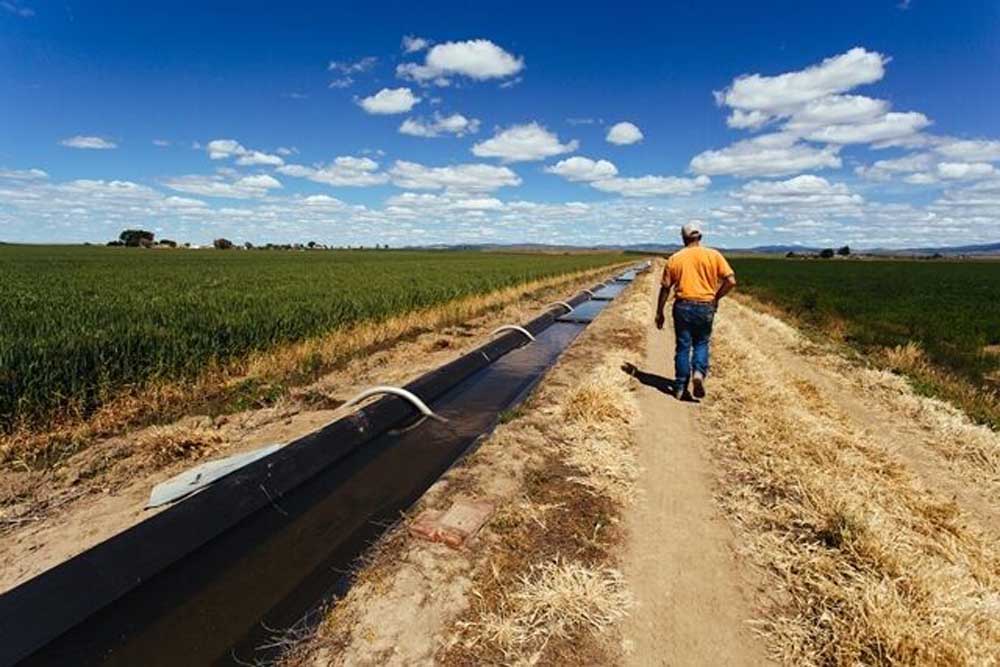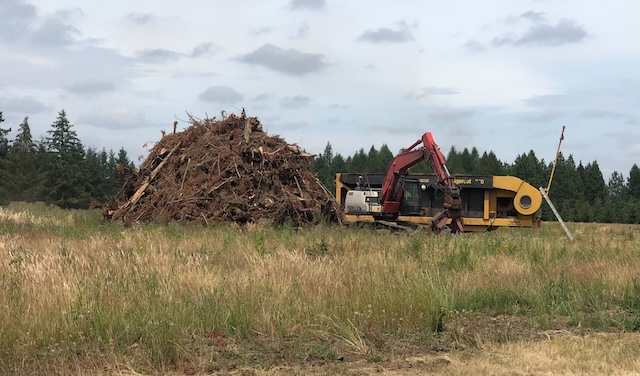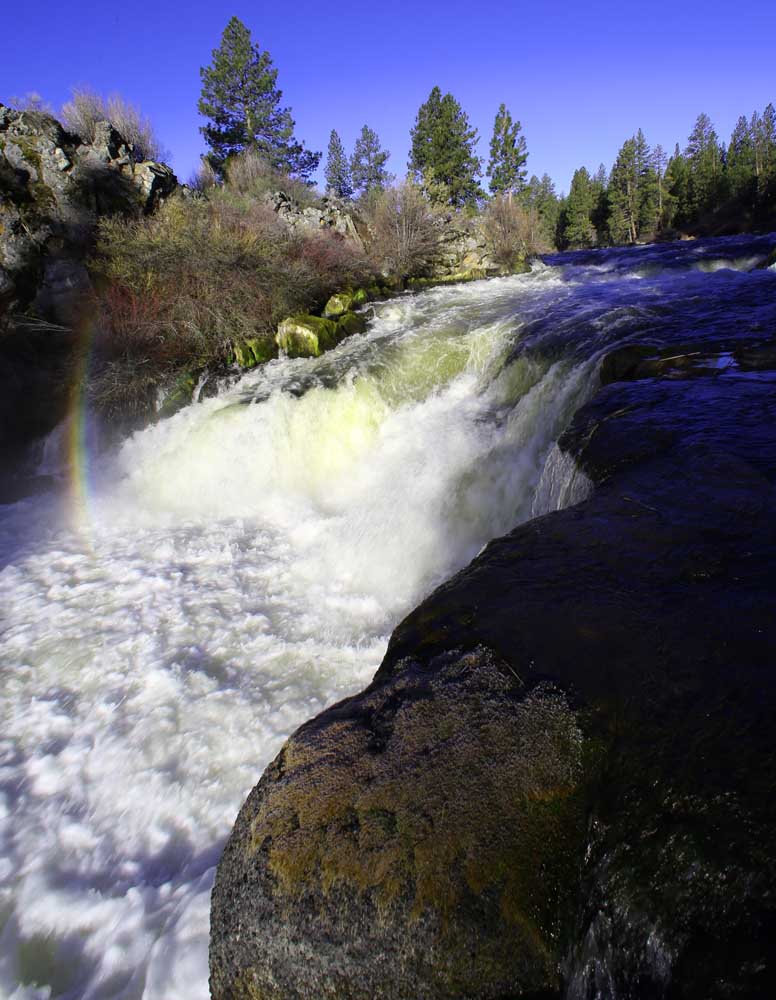Kotek signs bill that could help farmers manage water shortages
Published 12:21 pm Tuesday, July 22, 2025

- Farmer Richard Macy walks along an on-farm ditch at his Culver farm in 2022. (File photo)
A bill signed by Governor Tina Kotek on Friday has the potential to boost water supplies for farmers in Jefferson County who for years have been frustrated by low water allocations caused by multiyear drought.
House Bill 3806 authorizes water managers in Central Oregon to create a water bank to shift irrigation water to farmers in Jefferson County who operate in a junior water rights district. Those who do not need their water, and are willing to give it up, are paid a fee by the end user. The bill passed the legislature on June 24.
The Deschutes River Conservancy, a Bend-based nonprofit, will oversee the project, which will operate on an eight-year pilot project basis to determine its viability.
Trending
Irrigation district patrons who rely on water from the Deschutes often receive low allotments or experience early season shut-offs, especially in times of drought. Water management practices, which date back more than a century, also impact natural flows in the rivers, creating wide swings in water levels from winter to summer.
The greatest impacts tend to be in Jefferson County, where North Unit Irrigation District typically gets the smallest water allocations in the Deschutes Basin, even though this area is the most productive in terms of commercial farming and ranching.
The voluntary water bank allows users to “deposit” their water and get paid for it while farmers on the other end can lease banked water. Cities and towns will also be eligible to tap into the water bank if needed. A certain percentage of the banked water must also be returned to the river.
Supporters of the bill point out that water rights remain protected for participants — transferring water does not mean giving up a water right, even if those transfers happen for all eight years of the pilot project.
Jeremy Austin, wild lands and water program director for Central Oregon LandWatch, said he is optimistic that the bill will help address inefficient water management practices in the Deschutes Basin.
LandWatch is hopeful the bill will “better align water deliveries with crop water needs, and open up pathways to move water more easily to better meet agricultural, environmental and municipal needs into the future,” Austin said.
Trending
Austin calls the bill an “important step forward” but says some barriers that have prevented people from leasing water in the past remain, including questions over the management of unpiped and privately owned canals in the Deschutes Basin.
“In order for the pilot bank to reach its potential, we will need irrigation districts and other partners to lean in and help develop a coordinated plan to scale its implementation and open up opportunities for more irrigators to participate in programs like the pilot water bank,” he said.
Kotek’s signature sends the water bank into its next phase. This includes approvals by the Confederated Tribes of Warm Springs and the Water Resources Commission, said Marisa Hossick, a spokesperson for the Deschutes River Conservancy.
Hossick says the water bank could start operating as soon as next year if all the regulatory processes fall into place. A public comment period is also expected before the project begins.










